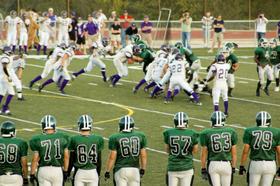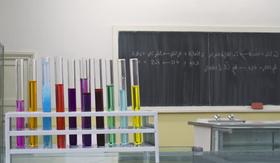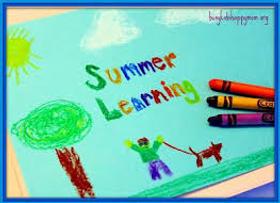Although your freshman daughter or son may be intimidated by the looming hallways of high school, there are ways you can help ease their transition. With new schedules, seemingly endless course options, and extracurricular choices, upcoming freshmen need tremendous parental support as they struggle to make major decisions on a new campus.
Freshman Orientation Programs
Most public high schools provide upcoming freshmen with an orientation program. Typically hosted a few weeks before the official start of the school year, orientation programs are designed to review school policies with new students. In addition, the orientation typically allows students to tour the school, obtain their schedules, and ask specific questions regarding their upcoming year. While each public high school or district will offer its own unique agenda, a common example of a freshman orientation event can be reviewed through the Wahoo Public Schools (WPS) program.
Through schools located in the eastern region of Nebraska, freshmen attending a Wahoo Public School can meet teachers, become familiar with their schedules, and ask any and all questions at an extensive orientation event each August. The orientation runs from 5 pm to 8:30 pm, including a potluck dinner, allowing new students to meet and greet their peers while parents learn more about their son or daughter's new school. Best of all, the WPS event even allows freshmen to adhere to a "mini school day schedule," where parents and students can go through the established motions and procedures of a regular class day, enabling freshmen to get a better sense of their new school's campus.
During any freshman orientation, every parent and freshman should become familiarized with important school rules and guidelines, including:
- Tardy policy
- Discipline procedures
- Dress code
- Food/beverage rules
- Excused absence policies
- Bus information and/or carpool instructions (for parents dropping off students)
- School counselor information (students should know who their counselor is in case of personal and/or academic concerns)
Choosing the Best 9th-Grade Schedule
While a freshman orientation program will help answer many questions and concerns, most freshmen and their parents worry about choosing the right classes. All freshmen are generally required to take the basic core classes, including math, science, history, and English. Confusion among these core subjects tends to arise, however, as parents ponder whether or not their child should be enrolled in honors or regular-paced courses.
To make the best decision, parents should have a detailed conversation with their children about their preferences, concerns, and abilities in each subject. Based on this information and the child's overall academic performance, parents and students can choose between the following levels:
- Freshman Honors CoursesIn an honors classroom during the 9th-grade year, most schools cover the same material instructed in a regular-paced classroom. Since the material is mostly the same, the major difference between the two options involves the pace at which the course is instructed and the amount of depth into which the honors course often dives. Essentially, while an honor and regular 9th-grade English class may read the popular novel To Kill a Mockingbird, students in the honors course should expect to read the novel more quickly and engage in more frequent and lengthy homework assignments. Students will also be challenged with more rigorous critical analysis discussions, topics, and projects. Adding to this, students may find earning an A in an honors course more difficult than in a regular-paced course.
- Freshman Regular-Paced OptionsThe major difference between honors and regular-paced options is generally evident in examining the amount of work and the pace in each course. In a regular-paced class, students should generally have less homework than in an honors course. The material is also usually instructed slower, allowing students more time to gain one-on-one assistance and support in class.
When choosing between the two options, parents and students should know that they do not need to choose all honors classes or vice-versa. For example, some students who excel at math but struggle with reading can enroll in honors math and regular English classes.
Choosing 9th Grade Extracurricular Activities
Although clubs and organizations are generally open to all students, sports teams often require a mandatory try-out before allowing students to join a team. While the tryouts for freshmen can be incredibly intimidating (as the 9th graders are generally smaller and less physically developed than their older peers), many public schools allow 9th graders to participate in freshman-only team sports.
The freshman-only options allow younger students to become familiar with high school sports' pace, rigor, and challenges - without the intimidating presence of older teammates. These "frosh" teams are a great way to transition a young teen into the rigors of high school athletics.
Freshmen should also be encouraged to join clubs that pique their interests. Whether these are academic, volunteer, or social clubs, campus organizations are an excellent way to help freshmen adjust to the dynamics of high school. Better yet, they provide a wealth of leadership opportunities to help a child with the next academic phase of life - college!
Questions? Contact us on Facebook @publicschoolreview













































































